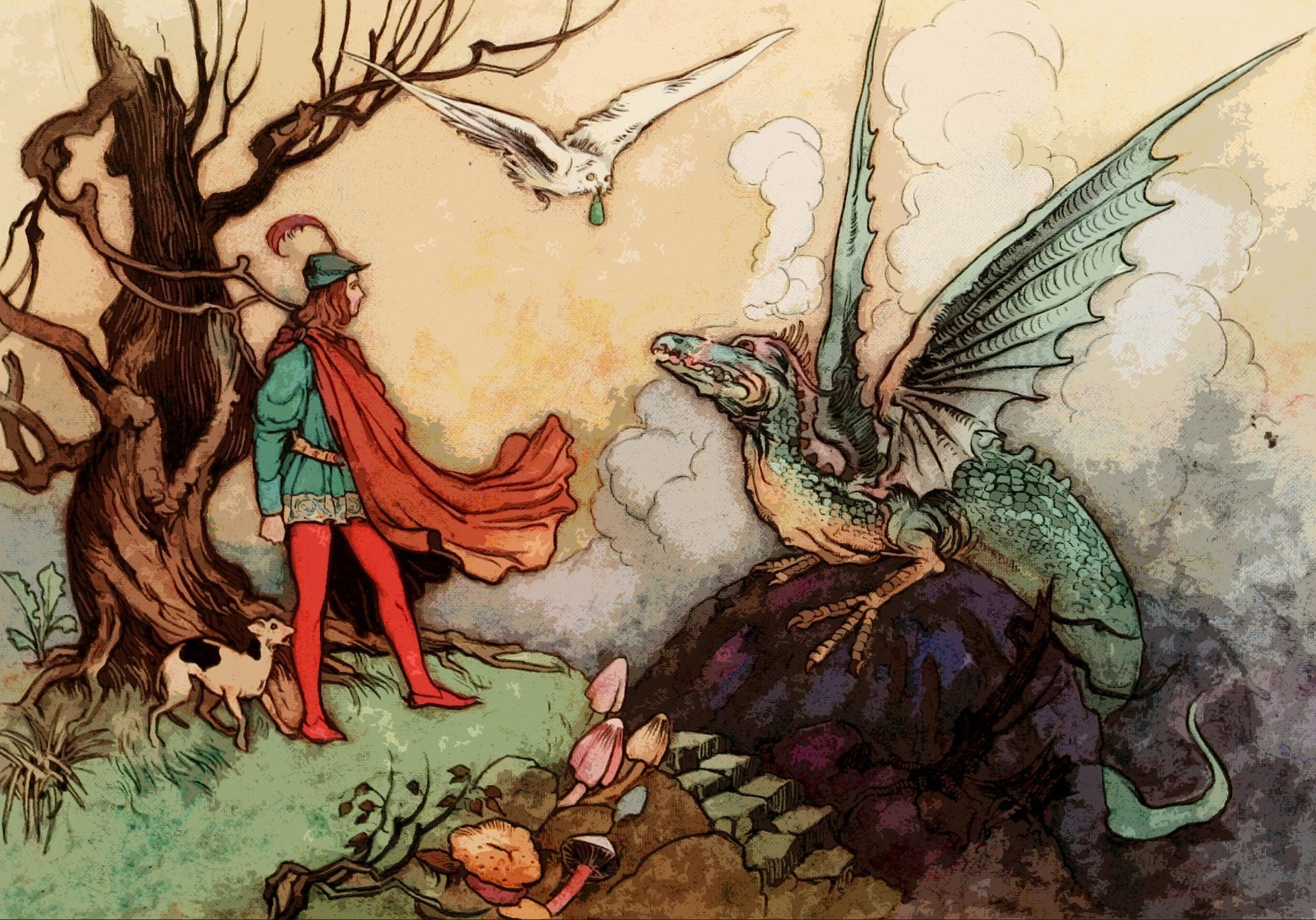I have felt voiceless at numerous times in my life, whether due to abuse at home in my childhood, social estrangement at school, or else various mental distress conditions that made my life difficult to navigate. Intuitive writing and journaling helped me fearlessly express my sufferings, griefs, hopes, dreams, and opinions. It has helped me recover from past traumas.
I’ve learned to harness it into a vital tool, essential for my wellbeing, and I’d like to share the following tips which I’ve followed to help you integrate writing into your life as well.
Take on the Mentality of Journaling
All writing that is enjoyable goes back to the fundamental principle of self-expression. A journal is a place where you can practice this skill, with no consequences nor judgment from others. Anything goes. No need to erase mistakes, because there are none!
There is only one fast rule: You must have the freedom to keep your journal as private as you wish. I also recommend a second rule: Keep your journals and everything else you have ever written. Do not discard anything, unless privacy is in jeopardy.
Here are basic ideas you can try as an intuitive writer, in no particular order:
- Complain about your day. If something happened that annoyed you, writing about it can cleanse your mind from resentments. Your journal then becomes a therapist.
- Voice your beliefs and opinions. There is no fear of oppression here. Take freedom and articulate your opinions on all facets of your life. This keeps your mind sharp and helps celebrate your uniqueness.
- Record your daily life. Writing about your day helps to preserve memories, and it captures who you are at a specific point in time. If you reread what you wrote 10 years ago, you’ll remark at who you once were, which may be different (or the same) as who you are now.
- Let the words write themselves. Relax your mind and let the pen control itself. I do this when I struggle with seeing the truth of a situation. The pen draws from my subconscious, and out flows wisdom and answers within myself.
The freedom of journaling allows for ideas to emerge safely, without being snipped away by the clippers of judgment. Its greatest benefit is that you learn to access your intuition as a writer.
Your Intuition Is Your Ally
I often see writing classes begin with free-writing exercises, where you brain-dump for five minutes, writing rapidly with no judgment. I find this exercise ineffective. Writing at a rapid rate creates anxiety and forces rumination on a single idea, which gets picked apart until it turns to nonsense. Then I’m left exhausted at the end of the exercise.
This is not conducive to creative intuitive writing, because inspiration operates at a slower pace. When eliciting a state of calm, ideas pop naturally into your head and some are useful for intuitive journaling. Here are a few exercises to try:
- Meditation: With various meditation practices, the goal is to have an empty mind. We are instructed to “watch thoughts pass by like clouds,” letting go of them when they emerge. Yet distracting thoughts may be good prompts for intuitive writing! Write them down.
- Free association: This is a technique that goes back to the work of Sigmund Freud, deemed the “father of psychoanalysis.” In its original form, a person reclines on a couch and relaxes, then says whatever comes to mind. I modify this exercise by being more physically active, either by taking a walk or playing a musical instrument. Again, write ideas down.
- Take a notebook wherever you go: As you go about your day, be observant of your surroundings and the people around you. Write your observations, Harriet the Spy-style.
- Don’t judge nonsense in your head. In the 21st century, we celebrate chaos as abstract, which is artistically valid. Nothing in your head is garbage. Write it out!
The strongest of writing comes from your personal lived experience, and your intuition is shaped by such. When it becomes strong, you can find yourself writing things that seem to write themselves. The power behind your stories also shines through more brightly.

Always Write for You
Writing is a path, a life’s journey, a marathon for which you continually train even between races. Confidence and dedication are needed, and we cannot be derailed by the fear of judgment and criticism from others. Such causes a miserable form of perfectionism, where we pick our writings apart to the point of depression.
To overcome the fear of judgment, write for yourself. Sharing your work with others is your choice entirely. If seeking feedback, find supportive people who can deliver honest, constructive criticism without being dysfunctional.
Use Intuitive Writing to Connect with Others
It is relieving to use polished writing as a way to share complicated thoughts with others. There are many ways to share your intuitive writing project:
- Keep on online blog/space: Create a website using a free platform like WordPress, then share it with others. People find interest if you write in a way they can relate to.
- Spruce up your text-based interactions: We text a lot, we post words on social media… this is all writing! Challenge yourself in refining your writer’s voice, when you communicate with words. This will boost your writing skills and assert individuality.
- Submit to websites: All genres of writing can find happy homes on websites, from fiction to nonfiction, poetry, personal essays, and beyond. Rejections can be disheartening, but again, do this for you.
Take Risks and Branch Out
While it’s great to focus on a couple of styles of writing, it’s helpful to try new ways of writing to challenge yourself. These endeavors can blossom into an additional solid skill. Coming from a place of self-expression and intuition, I’ve written in the following genres with success:
- Free-verse poetry: This is great for stringing abstract ideas together. I get lots of inspiration for intuitive writing projects from a few of the following exercises. String randomness together in your surroundings by looking at two random objects. Then write stuff that links them together. Flip through books and look at a random word. Then look at another random word. Again, link them together. Create a musical beat, the crux of slam poetry and rap. When reciting the poems aloud, you can aim for an abstract lilt that gives its delivery a musical feel. This makes poetry compelling for performances in front of others.
- Rhymed poetry and song lyrics: This is a more conservative approach to poetry. When writing within the confines of rhyme and pre-prescribed forms (like verse-refrain-verse-refrain), it’s essential to use a rhyming dictionary in order to generate fresh rhymes. I recommend using RhymeZone. This is a great online rhyming dictionary, free of charge. It features rhymes, near-rhymes, and numerous other options. To find a rhyme, just type in the word you’d like to rhyme. WikiRhymer is also good and if you’re willing to pay an annual fee, you’ll get access to the entire database of rhymes. It doesn’t have as many searching features as RhymeZone but has a larger database of rhymes.
- Micro-stories and flash fiction: Writing a long novel is daunting. But you can get started with fiction by writing really short stories, even under 100 words. This is a genre! At times, my poems morph into flash fiction, and that might grow into a short story or a novella. Allow your intuition to guide this process, and let your characters write themselves at times.
- Personal essays: I struggled with various forms of mental illness over the years. As a way to empower myself, I published personal essays where I shared my experiences. At other times when I wish not to reveal so much, I write essays about less personal topics, rooted in benign memories of my past. This segues into storytelling, which is a craft unto itself.
- The Moth Slam: The Moth is a circuit that hosts storytelling events across the United States. (Events are virtual now.) For each event, a theme word is provided, and regular folks perform five-minute stories based on this theme, usually rooted in their personal experiences. In the slam way, stories are graded by audience members.
- NOTE: A lot of websites publish personal essays from regular folks, even those with limited writing experience. They are always on the hunt for original content, and there is interest in stories from BIPOC and folks in the LGBTQIA+ community. Your personal stories are valuable, and they may find a home on a website where they can reach many people.
Be Brave with Your Intuitive Writing
Write about things you’re passionate about. Write about dangerous topics. Create characters who appall, who have original things to say. Create nuance by conveying different emotions. Following these tips will give your writing shape and purpose.
Be brave to withstand criticism of your work. It is an opportunity to rebuild, as you hold onto the intuitive thought that compels you to keep going. As your intuition grows stronger, your intuitive writing improves.





